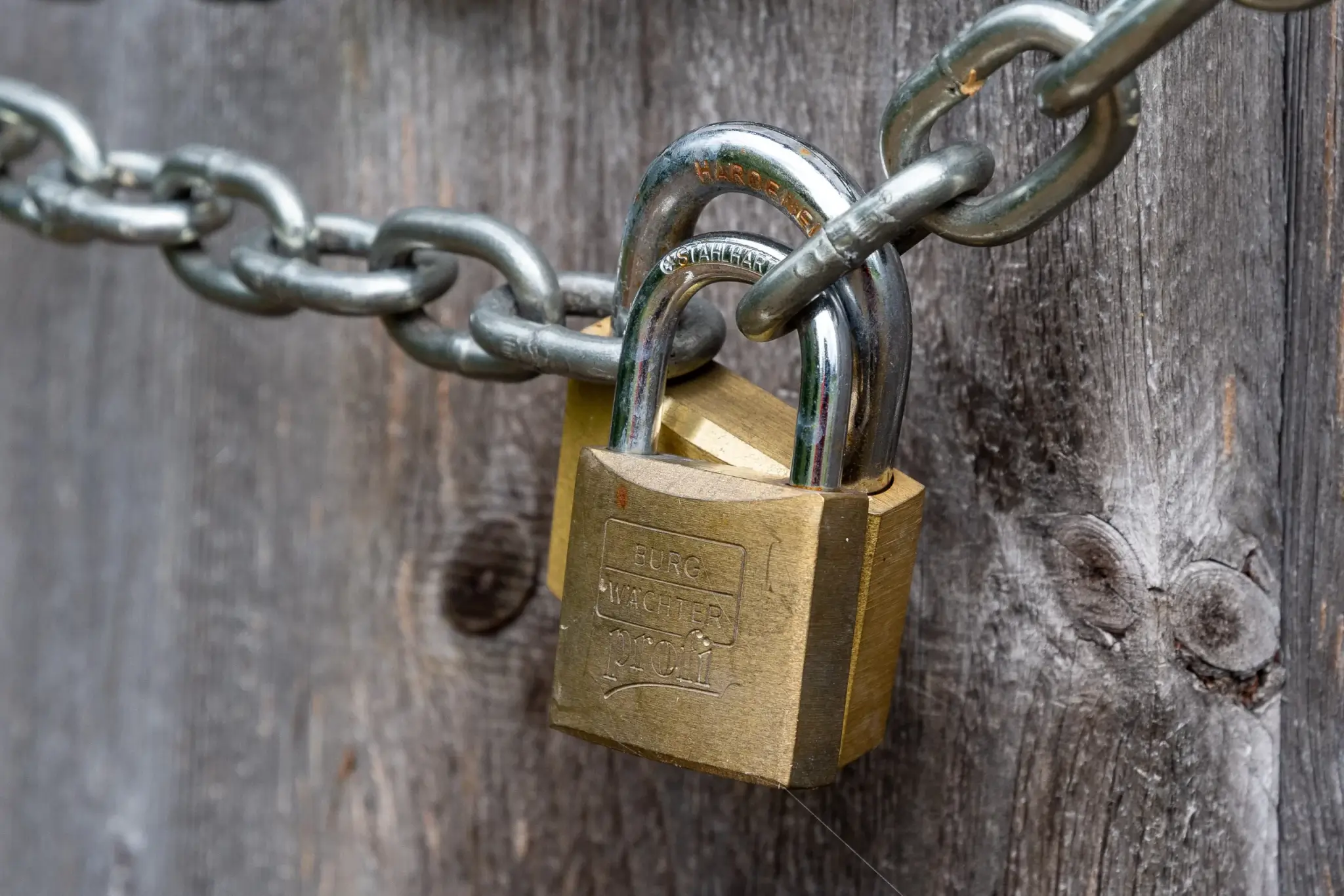The Pros and Cons of Being Anonymous Online
DeleteMe
Reading time: 6 minutes

Table of Contents
What sort of trail do you leave online? Do you comment as yourself? Do you think that using only the first initial of your last name, like John S., is a good way to protect your identity? Do you use a profile picture?
Be honest: do you have any idea how many times you’ve left your real name on the internet?
We’ll give you the pros and cons of being anonymous online below.
Does Having Multiple Online Identities Show a “Lack of Integrity?”
Online aliases, pseudonyms, pen names… Most social media sites do not believe in them. Instead, they are proponents of online openness, urging us to share, comment, and post our thoughts under our legal given names.
Mark Zuckerberg, CEO of Meta (formerly Facebook), quipped in 2009 that “The days of you having a different image for your work friends or co-workers and for the other people you know are probably coming to an end pretty quickly. Having two identities for yourself is an example of a lack of integrity.”
In fact, Facebook lists using a fake name as an abuse of their Statement of Rights and Responsibilities.
Of course, this comes from a man who once admitted that he would make all Facebook privacy settings public by default if he could start the company over again. Is it disingenuous to use aliases online, or is it merely playing it safe?
The United States Supreme Court seems to disagree with Zuckerberg, ruling in McIntyre v. Ohio Elections Commission that the First Amendment protects our right to be anonymous:
“Protections for anonymous speech are vital to democratic discourse. Allowing dissenters to shield their identities frees them to express critical, minority views . . . Anonymity is a shield from the tyranny of the majority. . . . It thus exemplifies the purpose behind the Bill of Rights, and of the First Amendment in particular: to protect unpopular individuals from retaliation . . . at the hand of an intolerant society.”
Every Day, We Have to Choose Whether to Be Anonymous Online
Here’s a scenario you’re probably familiar with: you read an article on CNN.com and want to post a response in the comments section.
To do that, you must first register on CNN.com, which requires you to fill in a screen name, email address, and password, then confirm the email you used to register. Alternatively, you can use Facebook Connect to link your Facebook profile to CNN, letting Facebook take care of the hassle of registration.
Either way, you have a choice to make: use your real name, potentially linking your identity to your comment forever, or use an alias.
Pros and Cons of Being Anonymous Online
Pro: It keeps search engine results for your legal name clean
Old questions posted in IT forums, comments on political articles, objectionable tweets, those photos of you partying a bit too hard, that video your ex-boyfriend swore he’d never release… If you use your real name on the internet, chances are, a Google search will bring up results that you aren’t proud of.
Con: It makes what you say less believable
Using your real name lends credibility to whatever it is you’re saying. Similar to criminal informants, coming forward with your true identity makes the content of your statement more believable and trustworthy. If you truly stand by your comment/article/etc. and are prepared to have your name associated with it forever–internet archives can live a long time–using your real name shows your conviction.
Pro: It helps keep your name out of people search databases
Many people search websites, such as Spokeo.com and 123People.com, collect information by crawling the web for all mentions of a person’s name. Let’s return to our earlier CNN commenting example. If you use your legal name and actual email address to comment on a CNN article and CNN’s privacy policy allows it to share your information with third parties, then your comment can show up on people search websites. Read more about people search databases on our ultimate data broker guide. Then, learn how to remove yourself from these databases.
Con: Anonymity makes us meaner
Study after study demonstrates that being able to say what we think without fear of repercussion brings out the worst in us. With the advent of anonymous online commenting came trolling, cyber-bullying, and general unpleasantness. There’s even a scientific term for it: “the online disinhibition effect.” And anonymity can have far worse effects than just discouraging thoughtful and polite discourse: it has led to murders and suicides, as in the sad case of Alexis Pilkington, the 17-year-old girl who committed suicide after being harassed online by anonymous people.
Con: You can’t build a positive online reputation through content creation
If you’re prepared for a little self-censorship, posting under your real name can be a smart strategy. Knowing that anything you say online may show up when someone Googles you, use your postings to your advantage. Post intelligent, grammatically-correct, spell-checked, well-reasoned content. Express yourself in the field in which you want to become established. Don’t forget that good search results can be better than no search results.
Weighing Up the Pros and Cons of Being Anonymous Online
Think long and hard about posting anything under your real name.
If you decide to do so, ask yourself the New York Times question: “If this content were ever publicly released, would I be okay with seeing it on the cover of the New York Times?”
If the answer is “no,” use a pseudonym. You can use this handy Fake Name Generator to come up with a false identity on the fly.
Our privacy advisors:
- Continuously find and remove your sensitive data online
- Stop companies from selling your data – all year long
- Have removed 35M+ records
of personal data from the web
Save 10% on any individual and
family privacy plan
with code: BLOG10
news?
Don’t have the time?
DeleteMe is our premium privacy service that removes you from more than 750 data brokers like Whitepages, Spokeo, BeenVerified, plus many more.
Save 10% on DeleteMe when you use the code BLOG10.















